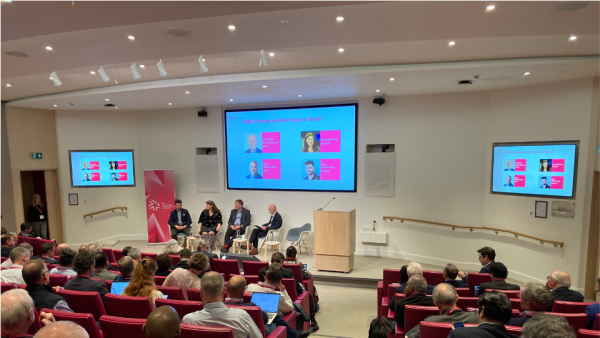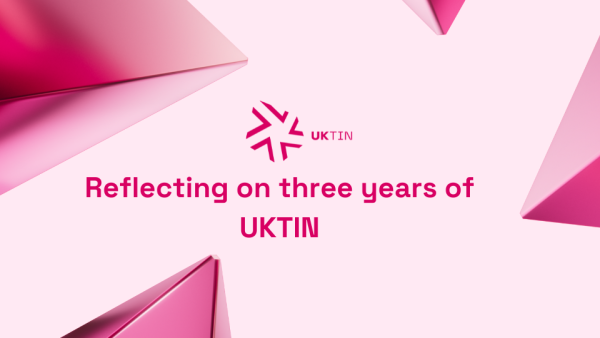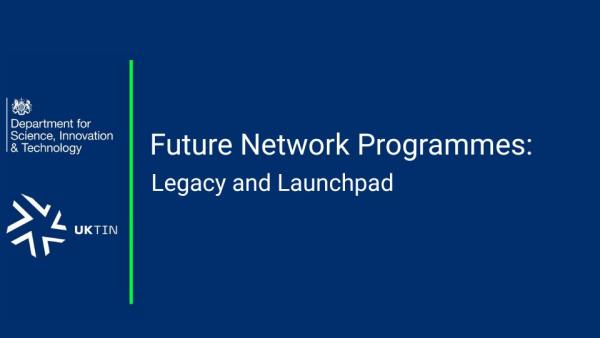
Hello, I’m Josh Privett and I head DSIT’s Future Telecoms team. In the recently published Science and Technology Framework, telecoms was identified as one of the UK Government’s five critical technologies, and as a result, attention on this area has grown considerably, increasing its focus and expanding its ambition.
Up to 100 million will be spent on new targeted research and development grant schemes. This is an initial investment, seeking to develop strong foundations for UK competitiveness in the next generation of telecoms technologies. This aims to facilitate a more prosperous future for the UK, growing the economy and creating better-paid jobs right across the nation.
As a part of this, DSIT’s 6G Strategy - which you can read here - sets out how we plan to shape the next generation of wireless technology. Establishing the UK’s position on the international stage is a priority but at the same time, 6G needs to meet the demands of people and businesses in the UK.
Then, of course, there’s the sector itself, which is really important to us. Our large-scale feasibility study is out at the moment. We are looking to understand how the government can best support the sector in the long term to build more competitive, innovative, and commercially sustainable ecosystems. Building on models seen elsewhere, and in other sectors, a telecoms institute could be the answer.
1/ What do you enjoy most about working in this space?
I really enjoy the technical aspects of the role. I’m a bit of a nerd! This means you can get lost in the excitement around innovative and diverse ‘convergence’ solutions that are expected to define future telecoms solutions - from AI to quantum.
2/ What’s the most ridiculous thing you’ve done in the name of work?
I visited Guangzhou in China and was served multiple courses, one of which included the most gigantic snail I have ever seen. I was encouraged to eat the snail by local colleagues to avoid offence to our hosts….anything for diplomacy!
3/ What excites you most about working in telecoms?
Definitely the passion. There are a lot of different people with different backgrounds working extremely hard right now and creating a huge range of opportunities for the UK. It’s always great to be working with stakeholders who want to work with you and freely give up their time - it’s not something you’re lucky enough to have in all public-facing roles, and that’s when you know you’re on to something good!
4/ What would you like people to know about your work?
In government, we see telecoms as a critical technology and want to develop interventions that work for the UK and for companies. We have done our best to reach out and companies so far have been very engaging. However, we know the sector is broad, deep and growing - there are always more people/organisations we can speak to and want to encourage them to reach out. We want to get our policy right and that requires us to have a clear view of what the UK sector needs!
5/ Why is a vibrant, flourishing telecoms ecosystem important for the UK?
Digital infrastructure is going to be the driver of global economic competitiveness for decades to come. If the UK wants to be a global technology superpower - as stated in the Integrated Review - we need the sector to be ahead. By 2030, the industry is expected to grow by a trillion dollars. To attract investment and be seen as a key player within telecoms, the UK’s ecosystem must be vibrant and flourishing. Only then will we reach our potential - creating a platform for UK productivity gains, new capabilities, and exporting these internationally.









